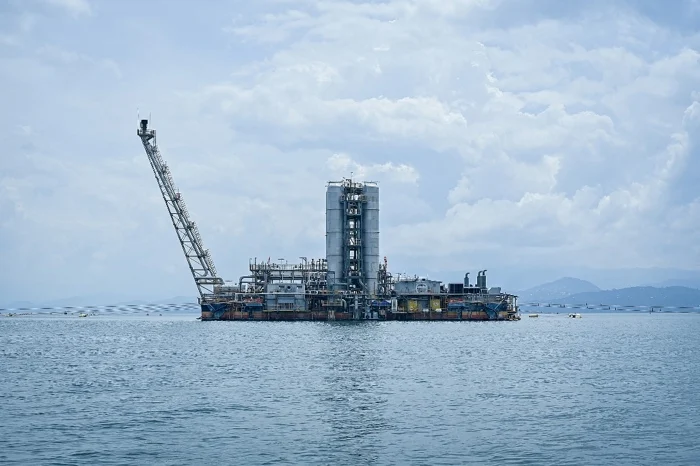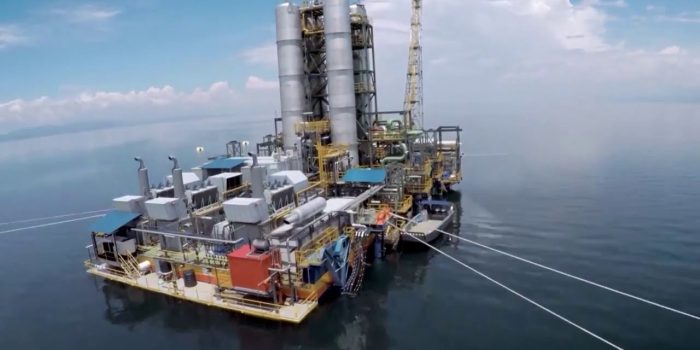Lake Kivu in Africa has been called “Killer Lake” due to the presence of large amounts of explosive gases like Methane and Carbon dioxide trapped under a layer of water containing minerals washed out of the nearby volcanoes.
When the concentration of gas becomes too high due to some natural factors, including earthquakes, the gas can be released, posing a threat to the people living in the surroundings. So utilizing these trapped gases is the only solution to get rid of the dangerous situations. The origin of gases is a volcanic eruption. These gases have accumulated over 800 to1000 years. The carbon dioxide originates from two volcanoes on the lake’s northern side: the Nyamuragira and the Nyiragongo.
Only three such lakes exist in the world, Kivu, Lakes Nyos, and Monoun in Northwest Cameroon. The latter two experienced limnic eruption in the 1980s and the bigger disaster at Nyos suffocated more than 1600 people due to the release of carbon dioxide in large amounts. Darchambeasu has mentioned that these catastrophes were related to a rural area, whereas around 2 million people would be at risk of a similar disaster involving Kivu.

ContourGlobal is making Lake Kivu a safer place. KivuWatts’s gas extraction facility, tied up almost 13 km from Lake Kivu’s Kibuye shoreline, holds on a scow anchored 13 km off-shore. The extracted gas is being utilized for power generation. KivuWatt, a power plant, pumps water saturated with Carbon dioxide and methane from around 350 meters to the surface of the lake. Due to the change in pressure from depth to surface, water and gas separate. The situation has been mentioned by the director of KivuWatt in the following words: “It is like opening a bottle of soda.”
The extracted methane is then sent to a second facility located onshore in Rwanda via a pipeline, where the gas is converted into electricity. In order to ensure the presence of delicate balance, the Carbon dioxide is pumped back into the lake at the necessary depth.

Martin Schmid, a researcher at the Swiss Institute for Water and Environmental Research has mentioned the pace of extraction with the time required to deplete these vast gas reserves. He said, “Just with KivuWatt alone it will take, I don’t know, centuries to have really a reduction of methane in the lake.”


